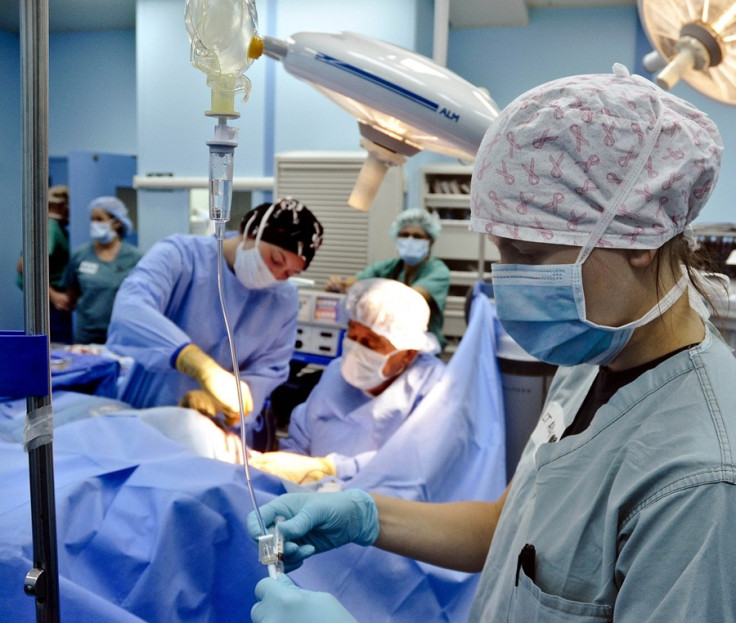Australia's Health Sector Braces For Potential IV Fluid Shortage

The health system in Australia could face significant strain in the coming weeks, as hospitals and clinics may encounter an acute shortage of intravenous fluids.
The Australian Medical Association (AMA) and the Therapeutic Goods Administration (TGA) warned Friday that the country's hospitals and clinics may face a shortage in multiple intravenous (IV) fluid products, The Guardian reported.
"The number of patients potentially affected would be unbelievable," AMA president Prof Steve Robson said, as he listed every department of healthcare to be affected by the short supply.
He pointed out that anesthesia, surgery, chemotherapy, emergency departments, pediatric intensive care, as well as the management of people with acute infectious illness in hospital will be disrupted.
Medical experts said surgeries, especially non-cancer elective procedures, would be the first to be postponed.
According to Robson, the implication from the short supply could be bigger than what the country went through at the time of Covid restrictions, during which non-cancer elective procedures were suspended at public hospitals.
"Covid restrictions were around staffing and preserving protective equipment, there was no shortage initially of supplies, but this kind of supply constraint is unprecedented," Robson said. "That would affect every surgeon, every anesthetist and every patient awaiting surgery in the country."
A TGA spokesperson said the three Australia's sponsors -- Baxter Healthcare, B. Braun and Fresenius Kabi -- have indicated the short supply would remain throughout 2024 due to disruption in global manufacturing and increase in demand, reported ABC News.
To support the state and territory health departments, TGA has permitted importing multiple overseas-registered alternative saline fluids.
"To improve supply, the TGA has allowed the importation and supply of multiple overseas-registered alternative saline fluids, and has further applications for supply under consideration. The TGA is regularly advising state and territory health departments of new suppliers approved to import overseas products to allow them to make orders," TGA stated.
"The current situation is safe (but) it's not ideal, it is causing a lot of extra work," Royal Australasian College of Physicians president Jennifer Martin AAP, The Canberra Times reported.
According to Martin, Australia experienced severe supply issues compared with other nations, as it relied more on overseas manufacturers for its medical supplies.
"We actually import over 90% of our medications from predominantly China and India, we don't manufacture much in Australia. We have a generic industry that's pretty small, but essentially it means that we're really at the behest of the global community because we're sort of at the bottom of the supply chain," Martin said.
Australian Veterinary Association president Sally Colgan stated that vets were aware of the situation and were finding alternate solutions to the issue.
© Copyright 2025 IBTimes AU. All rights reserved.





















